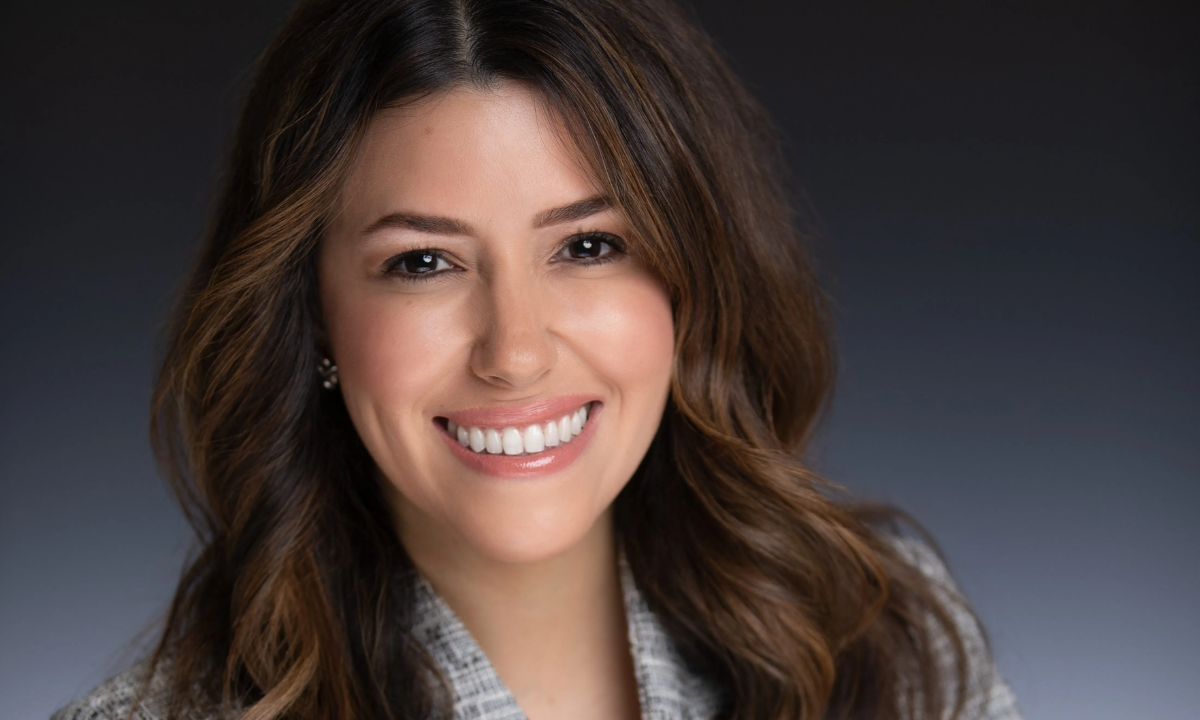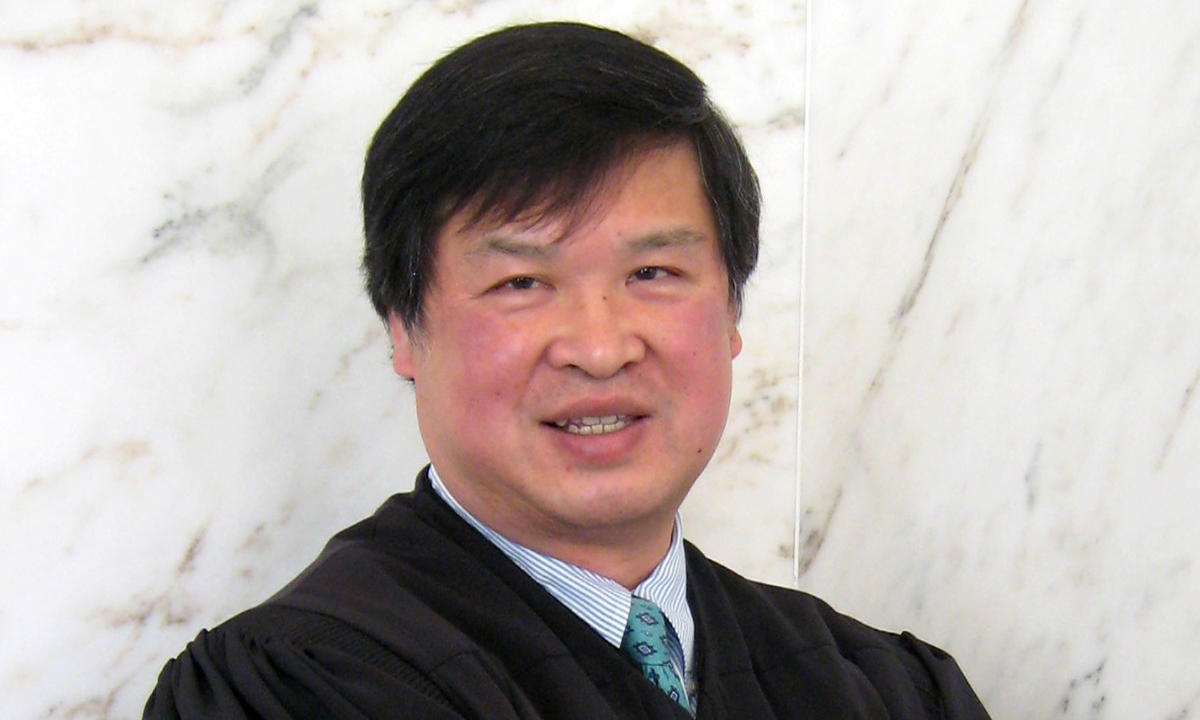By Colleen Newman
Earlier this month, Judge Neomi Rao of the U.S. Court of Appeals for the District of Columbia Circuit spoke to Vanderbilt law students about pluralism in the United States. Judge Rao focused on three main points: the role of pluralism in the foundation of the nation and Constitution, the existence of pluralism in modern society, and the relationship of the current administrative state to the pluralist and constitutional tradition.
Pluralism in the Founding
Judge Rao defined pluralism as the “inherent differences between individuals,” such as varying religious beliefs, ideological beliefs, and professions. She noted that even though the founders of the country were not relativist and stood firmly by their beliefs, they could acknowledge that men were unique and inevitably formed different opinions. The Constitution they created struck a balance between these two contrasting sides– it would ensure the existence of pluralism for years to come by “structuring government to protect individual liberties, property rights, and represent the minority.”
Pluralism Today
Judge Rao described pluralism and individual liberty as “in a sense, two sides of the same coin,” and that, in accordance with the Constitution and the mission of maintaining a pluralistic society, the judiciary can protect people’s life, liberty, and pursuit of happiness. She offered some examples of Supreme Court cases to analyze the vitality of pluralism, citing the 2022 Supreme Court decision that a website designer in Colorado did not have to create designs for same-sex couples, sustaining the tenet that “the government cannot dictate the speech and expression of individuals.”
Pluralism in Administrative State
Judge Rao opined on what she sees as an outward shift of power from Congress to the executive branch and bureaucratic agencies. She emphasized that there is no reason to vilify agencies or their goals– “they are led by experts in their field who often have answers to difficult questions”– but believes they “act as policy partisans” fostering a disconnect that could lead to polarization and marginalization. She is hopeful that restoring constitutional limits on the administrative state would be the best solution for a revival of peaceful pluralism.


